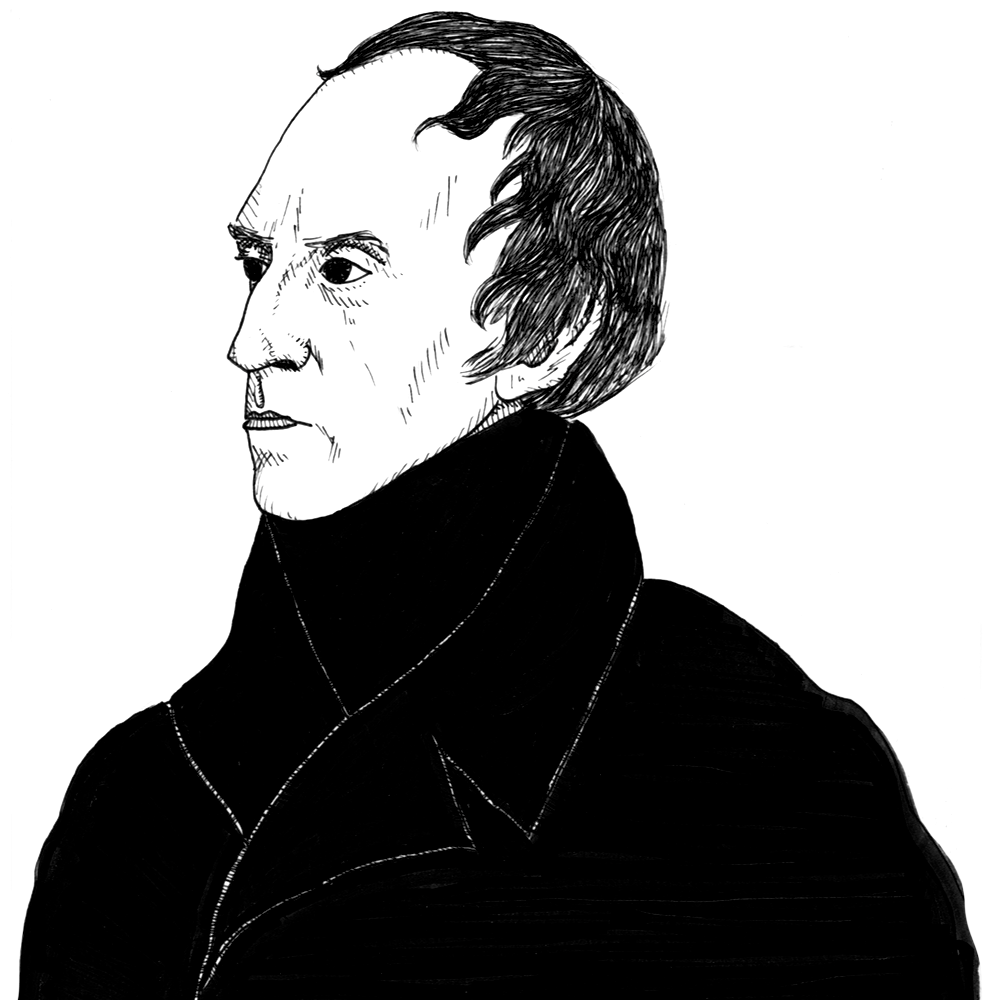
Guizot on how intellectual and political diversity and competition created a unique European civilization (1828)
Found in: General History of Civilization in Europe
The French politician and liberal historian François Guizot (1787-1874) argued that what distinguished European civilization from others, and made it superior, was the fact that no one idea or institution was able to become dominant and this left it free to experiment with many alternatives:
Liberty
How different from all this is the case as respects the civilization of modern Europe! Take ever so rapid a glance at this, and it strikes you at once as diversified, confused, and stormy. All the principles of social organization are found existing together within it; powers temporal, powers spiritual, the theocratic, monarchic, aristocratic, and democratic elements, all classes of society, all the social situations, are jumbled together, and visible within it; as well as infinite gradations of liberty, of wealth, and of influence. These various powers, too, are found here in a state of continual struggle among themselves, without any one having sufficient force to master the others, and take sole possession of society.